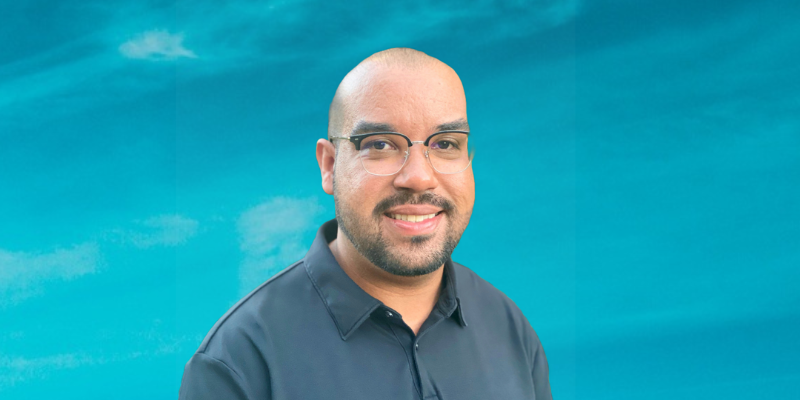Principal Scientist in late-stage Drug Substance Process Development at Amgen
Mar 28, 2025
Angel Santiago-Lopez, PhD a Principal Scientist in late-stage Drug Substance Process Development at Amgen. He leads a team of cell culture and protein purification scientists through commercial process development, process characterization, technology transfer, and regulatory submissions of our biologics medicines.
What is the highest degree you have earned and what can you tell us about your academic path?
I earned a PhD in Bioengineering after completing a bachelor’s degree in Chemical Engineering. Initially, I planned to enter industry right after my undergraduate studies, but I became fascinated with research during my sophomore year. This interest led me to participate in multiple Research Experiences for Undergraduates (REUs), which reinforced my desire to pursue graduate education. Additionally, Georgia Tech’s FOCUS program helped me understand graduate school expectations and how to navigate them successfully.
Where do you work now and what is your company about?
I work at Amgen, a global biotechnology company committed to developing innovative medicines. Amgen takes a biology-first approach to drug development and maintains a strong, reliable supply chain to ensure our medicines reach patients.
How did you first learn about the company?
Growing up in Puerto Rico, I was aware of Amgen’s strong presence alongside other biotech companies. As an undergraduate at the University of Puerto Rico-Mayagüez (UPRM), I became more familiar with Amgen, as the company is a strategic partner in supporting biotech education at UPRM. Later, as a graduate student and SMDP scholar, I was fortunate to be mentored by Amgen executive Alejandro Toro, who provided valuable insights into the company’s operations and culture.
What do you like most about the company?
Amgen maintains exceptionally high standards for quality and focuses on delivering transformative treatments for critical disease areas.
What skills make you successful in your role and why did you choose this role?
Key skills include project management, experimental design, statistical analysis, and scientific agility. Communication is also essential, as is mentoring and coaching—particularly in areas like perspective transfer and high-expectations coaching—to support my team’s growth. I chose this career path because I wanted to apply my scientific training to develop tangible solutions that could improve patients’ lives today or in the near future.
How do you define success?
As a process development scientist, success means making data-driven decisions rooted in scientific understanding and patient needs. As a team lead, it means fostering an environment where my staff can thrive and stay engaged in meaningful work.
What's the most fulfilling aspect of your job?
The most fulfilling part of my role is collaborating with my team and seeing the high-quality work they produce in service of our mission to advance life-changing medicines.
What advice do you have for students and job seekers?
Most professionals are willing to help others—don’t hesitate to reach out after doing your own research. Also, challenge your assumptions about your career interests and explore different paths with an open mind. Make informed decisions and seek mentorship to help guide your journey.
What book did you read last?
I’m currently reading The Penguin Book of the Modern American Short Story. The last short story I read in this book was The Dune by Stephen King. In terms of career development, So Good They Can’t Ignore You by Cal Newport has been particularly influential.